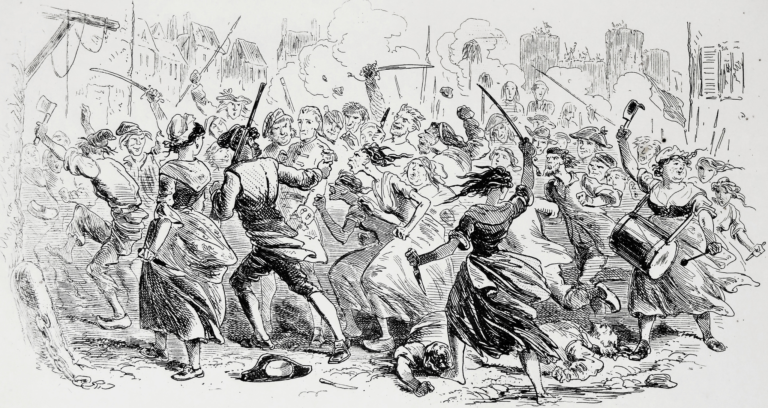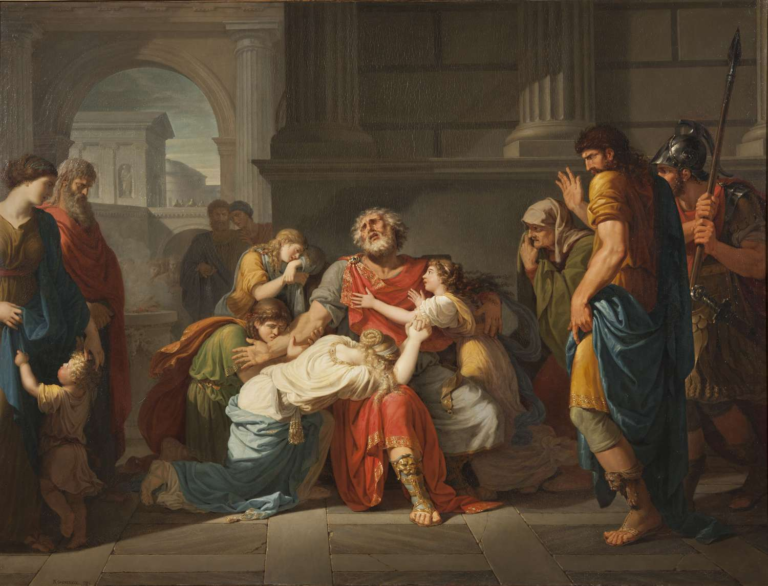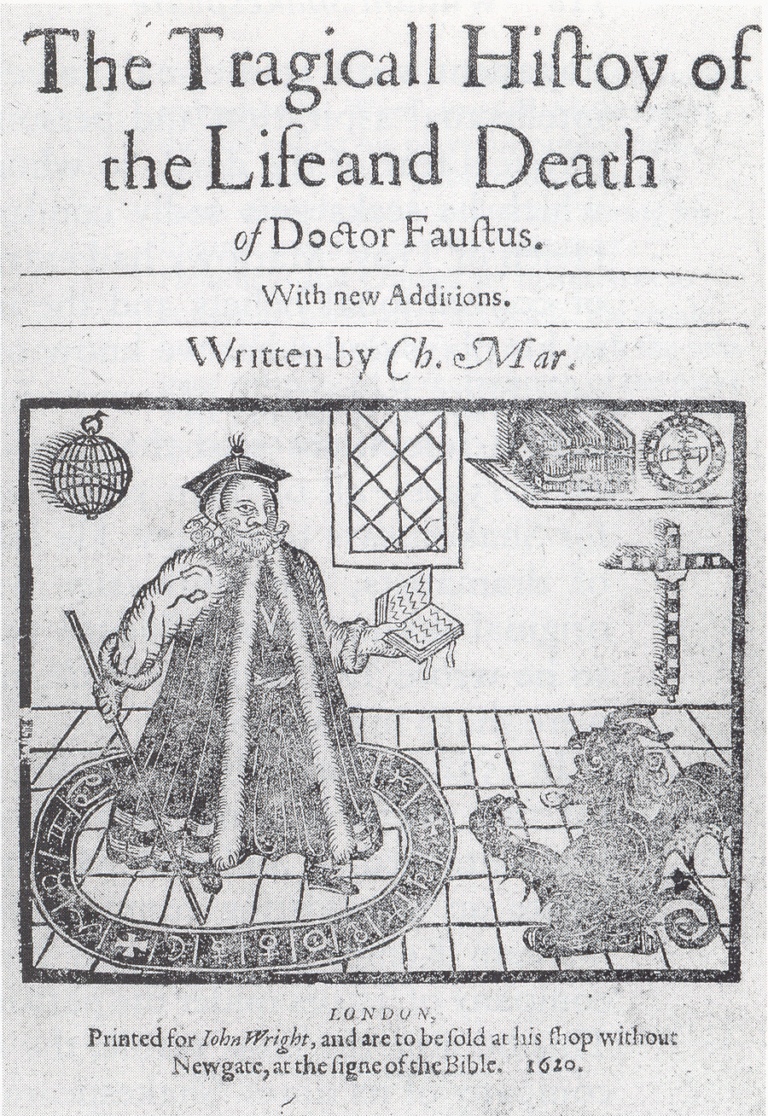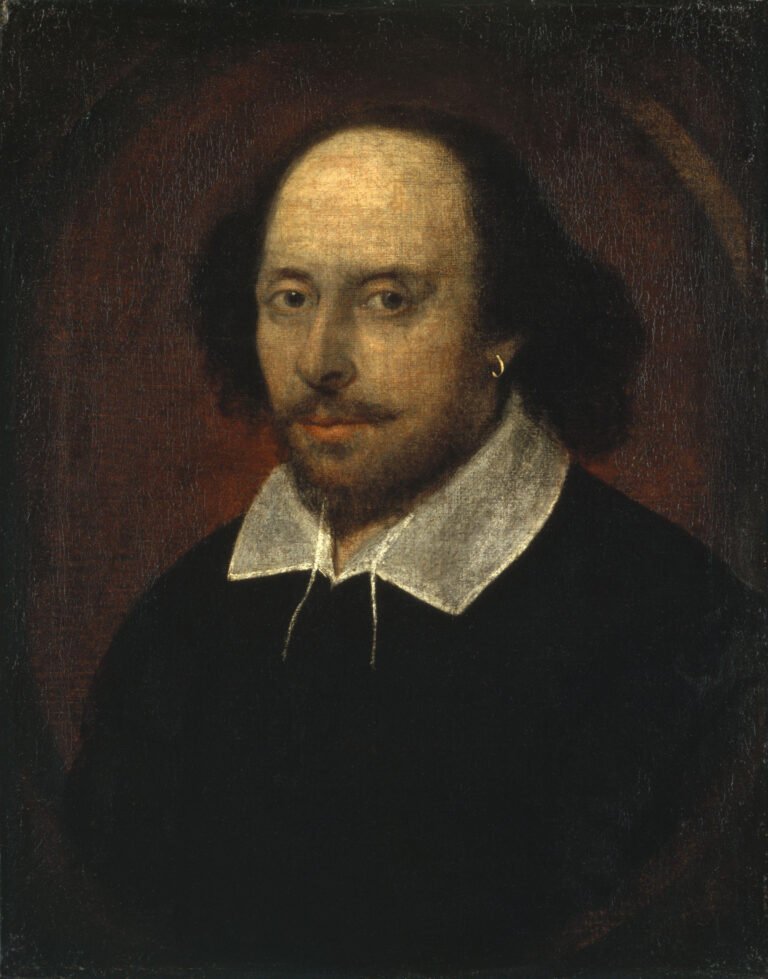Introduction to the Elizabethan Age: Historical background and cultural context
Introduction to the Elizabethan Age:
The Elizabethan Age, named after Queen Elizabeth I of England who ruled from 1558 to 1603, was a vibrant and influential period in English history. It marked a time of remarkable growth in literature, arts, exploration, and politics. Let’s delve into the historical background and cultural context of this fascinating era.
Historical Background of the Elizabethan Age:
The Elizabethan Age emerged from a tumultuous period in English history. Elizabeth ascended to the throne after the death of her half-sister, Mary I, who had earned the nickname “Bloody Mary” due to her persecution of Protestants. Ascending to the throne in 1558 amidst the tumult of religious strife, Queen Elizabeth I ushered in an era of unprecedented stability and a renewed sense of hope to England. Her reign illuminated the realm, dispersing the oppressive clouds of religious persecution.
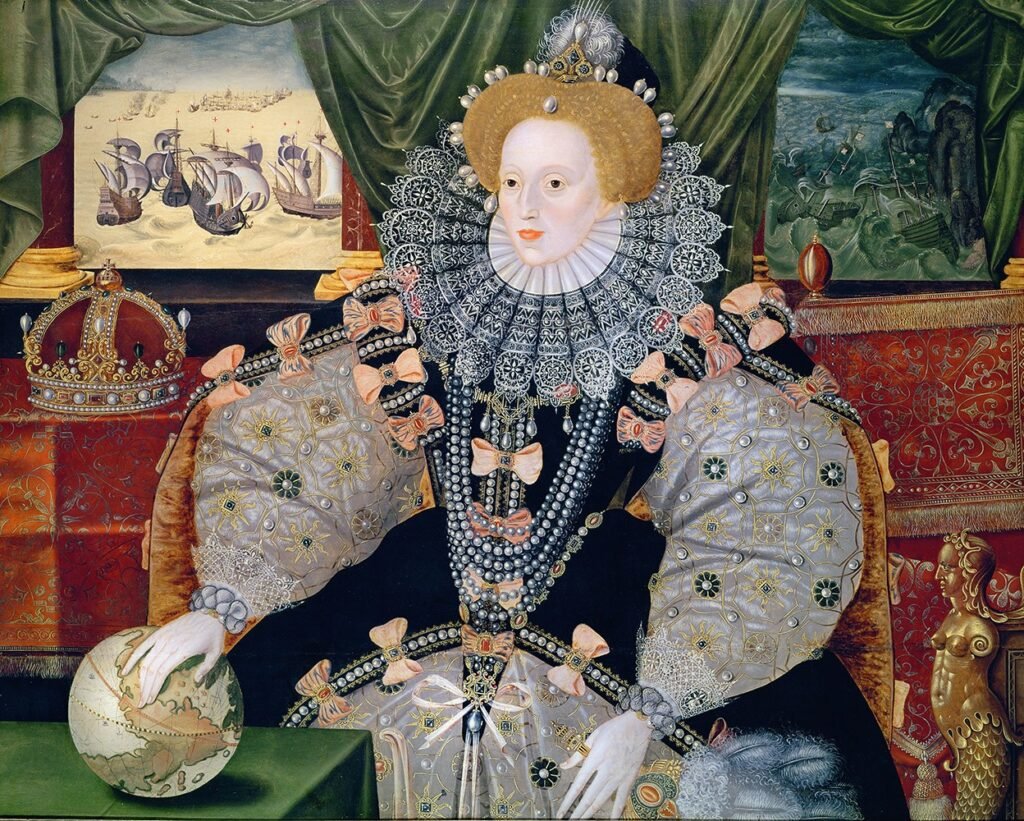
During this time, England was transitioning from the medieval period to the Renaissance. The Renaissance was a cultural movement that celebrated human achievement in art, literature, and science. It sparked a renewed interest in classical learning and exploration, which greatly influenced the Elizabethan Age.
Cultural Context:
Literature and Drama:
The Elizabethan Age heralded a veritable renaissance of literary and dramatic prowess, epitomized by the timeless works of William Shakespeare. From the tragic depths of “Hamlet” to the star-crossed passion of “Romeo and Juliet,” Shakespeare’s quill danced upon the stage, weaving tales that transcend time and space.
Apart from Shakespeare, other notable playwrights emerged during this period, such as Christopher Marlowe, Ben Jonson, and Thomas Kyd, each contributing to the rich tapestry of Elizabethan drama with their distinctive styles and thematic explorations.
In addition to drama, the Elizabethan Age also witnessed remarkable developments in poetry. Edmund Spenser’s epic poem “The Faerie Queene” stands as a monumental achievement, blending allegory, romance, and chivalry to create a sprawling epic that celebrates Queen Elizabeth I and the virtues of the Tudor dynasty.
Furthermore, the era produced significant prose works, including Philip Sidney’s “Astrophil and Stella,” a sequence of sonnets that explores themes of love and desire, and Sir Thomas More’s “Utopia,” a seminal work of political philosophy that envisions an ideal society.
Exploration:
The Elizabethan Age was also an epoch of intrepid exploration, as valiant mariners such as Sir Francis Drake and Sir Walter Raleigh unfurled the sails of discovery, charting uncharted waters and expanding the frontiers of knowledge. Their audacious voyages to distant shores ignited the flames of ambition and curiosity, propelling England into the vanguard of global exploration.
Politics and Religion:
Against the backdrop of religious strife, Queen Elizabeth I navigated the treacherous currents of political intrigue with grace and sagacity. The Elizabethan Settlement, a masterstroke of diplomatic finesse, established the Church of England as the cornerstone of national unity while fostering an atmosphere of religious tolerance.
Fashion and Entertainment:
In the courts of Elizabethan England, fashion was elevated to an art form, with sumptuous fabrics, elaborate ruffs, and opulent adornments adorning the nobility in resplendent splendour. Amidst the opulence of courtly life, entertainment abounded, from the theatrical spectacles of masques to the visceral thrills of bear-baiting and jousting tournaments.
Science and Innovation:
Even amidst the opulence and grandeur of courtly life, the Elizabethan Age was a crucible of scientific inquiry and innovation. Visionary scholars such as Francis Bacon pioneered the empirical method, while polymaths like John Dee delved into the arcane realms of mathematics and navigation, laying the foundations for future scientific revolutions.
Conclusion:
Thus, the Elizabethan Age stands as a testament to the indomitable spirit of human ingenuity and aspiration. From the lofty heights of literary genius to the uncharted depths of exploration, The literature of the Elizabethan Age reflects the lively spirit of that time. Whether it’s beautiful poems or exciting stories, these writings still connect with people today, teaching us about the past and sharing important lessons about life that never get old. Queen Elizabeth I’s reign encapsulated an epoch of unparalleled cultural flourishing and intellectual enlightenment that continues to inspire and captivate minds to this day.
